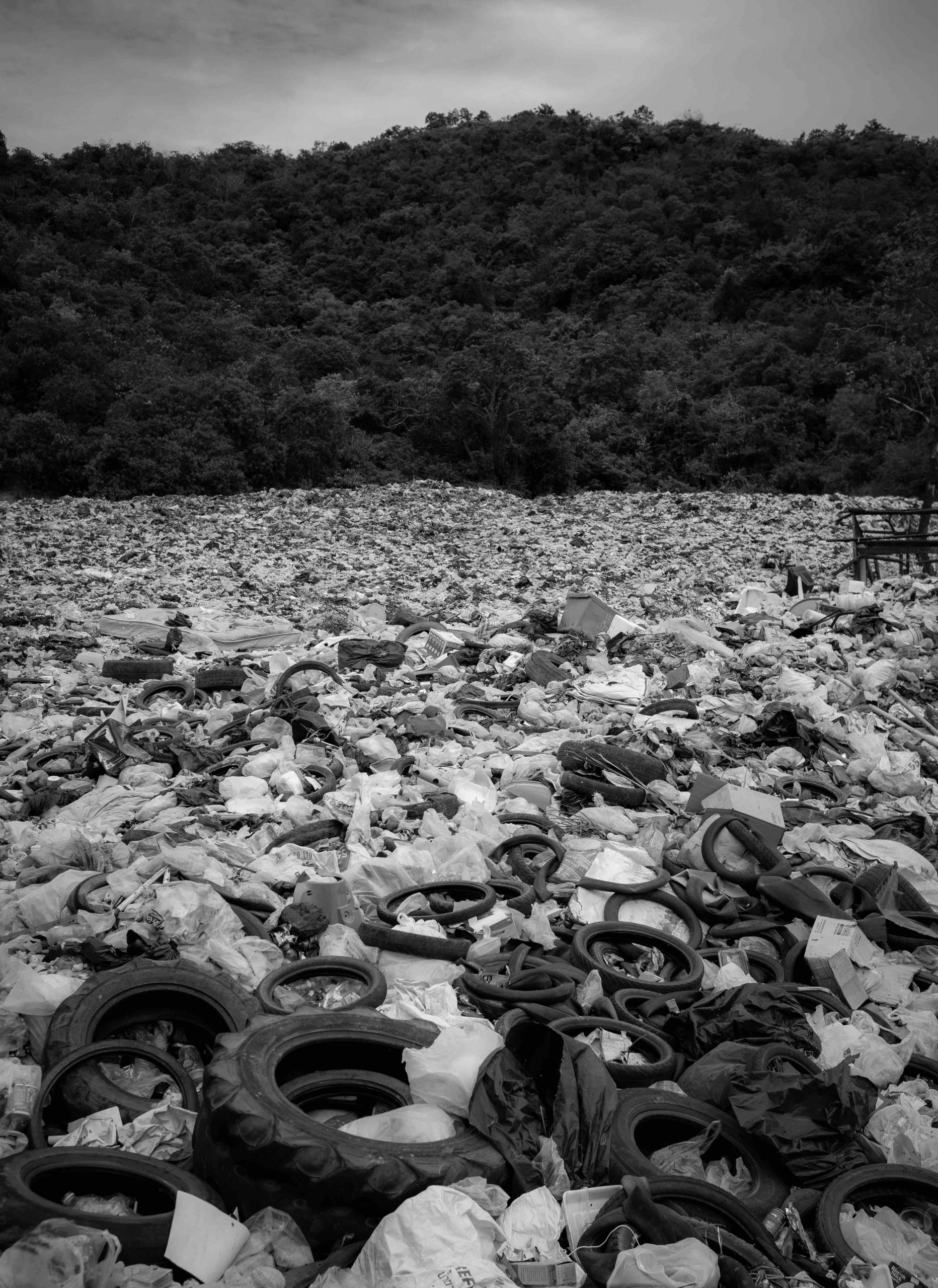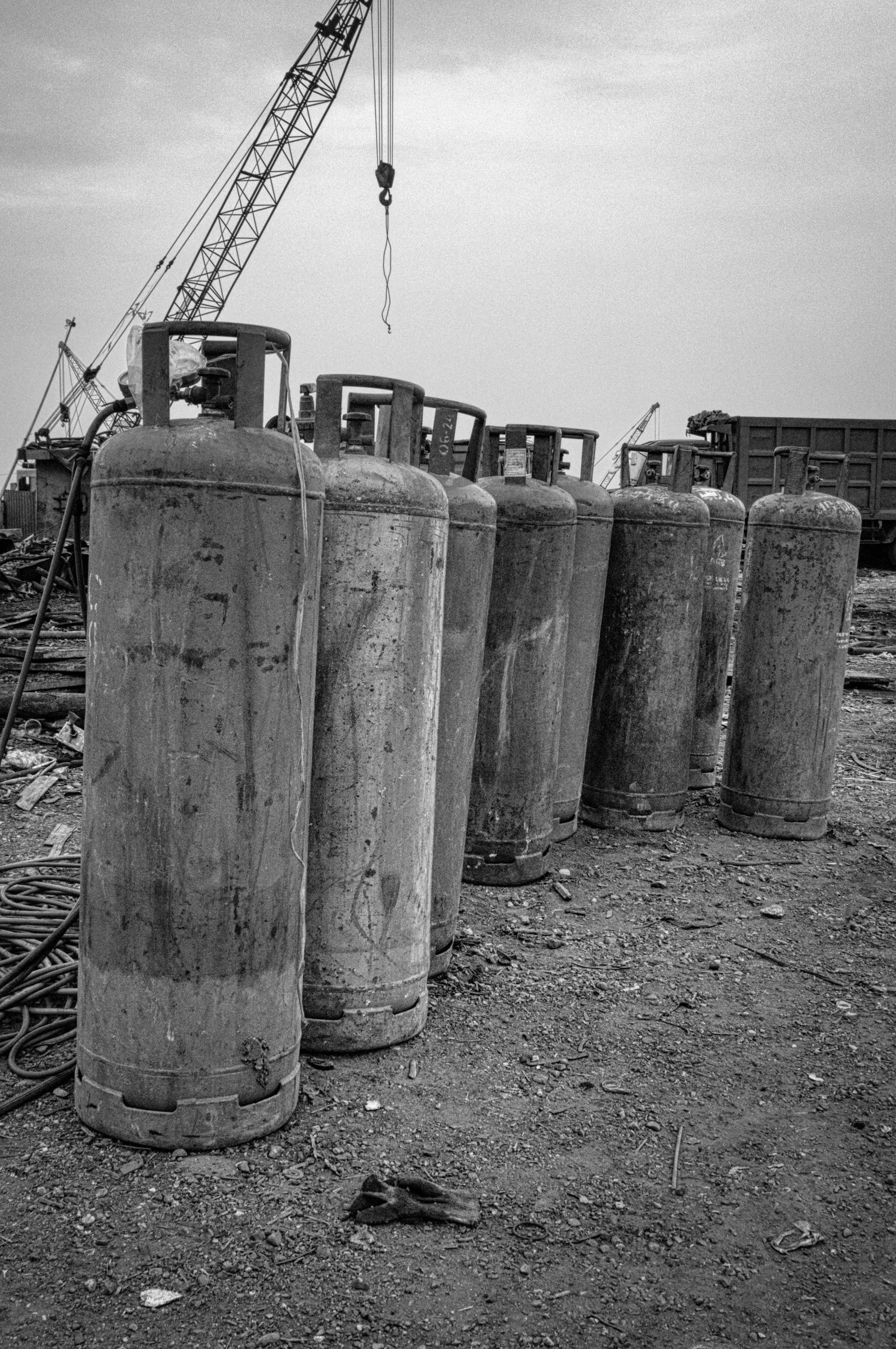Track Map Clean
digital & educational tools to raise environmental awareness and develop green skills
Explore More


Waste at European level warning for environment
The EU Data Centre on Waste compiles waste data at European level. According to data for 2010 for 29 European countries (i.e. EU-28 and Norway), around 60 % of the waste generated consisted of mineral waste and soil, largely from construction and demolition activities and mining. For metal, paper and cardboard, wood, chemical and medical waste and animal and vegetable wastes, each waste type ranged from 2 % to 4 % of the total.
Environmental risks
Around 10 % of the total waste generated in Europe consists of what is known as ‘municipal waste’ — waste generated mainly by households, and to a lesser extent by small businesses, and by public buildings such as schools and hospitals. In 2012, 481 kg of municipal solid waste was generated per person in the 33 member countries of the European Environment Agency (EEA). There is a slight downward trend from 2007 onwards, which can be explained partly by the economic crisis affecting Europe since 2008.
The slight dip observed in municipal waste generated in the EU might have helped reduce the environmental impacts of waste, to some extent. However, while waste quantities are waste management also plays a key role.
A number of environmental risks and hazards disproportionately affect young people, who have to live for an extended period with the deteriorating environment bequeathed to them by earlier generations. Young people will be compelled to engage in new forms of action and activism that will generate effective responses to ecological challenges.
About the project
The Track-Map-Clean project aims to raise awareness about environmental issues produced by inappropriate waste disposal. During this project, we will develop educational and digital tools for youth workers, NGOs and young people to promote environmentally friendly practices and encourage innovative solutions in order to overcome environmental problems.
Objectives
○ Create educational tools to support youth workers in their trainings targeting the development of green skills of young people;
○ Raise awareness of the environmental issues caused by waste, among young people;
○ Create digital solutions to environmental problems in the youth work field;
○ Foster youth civic participation in the development of innovative solutions to overcome environmental problems.
Partners
Track Map Clean






